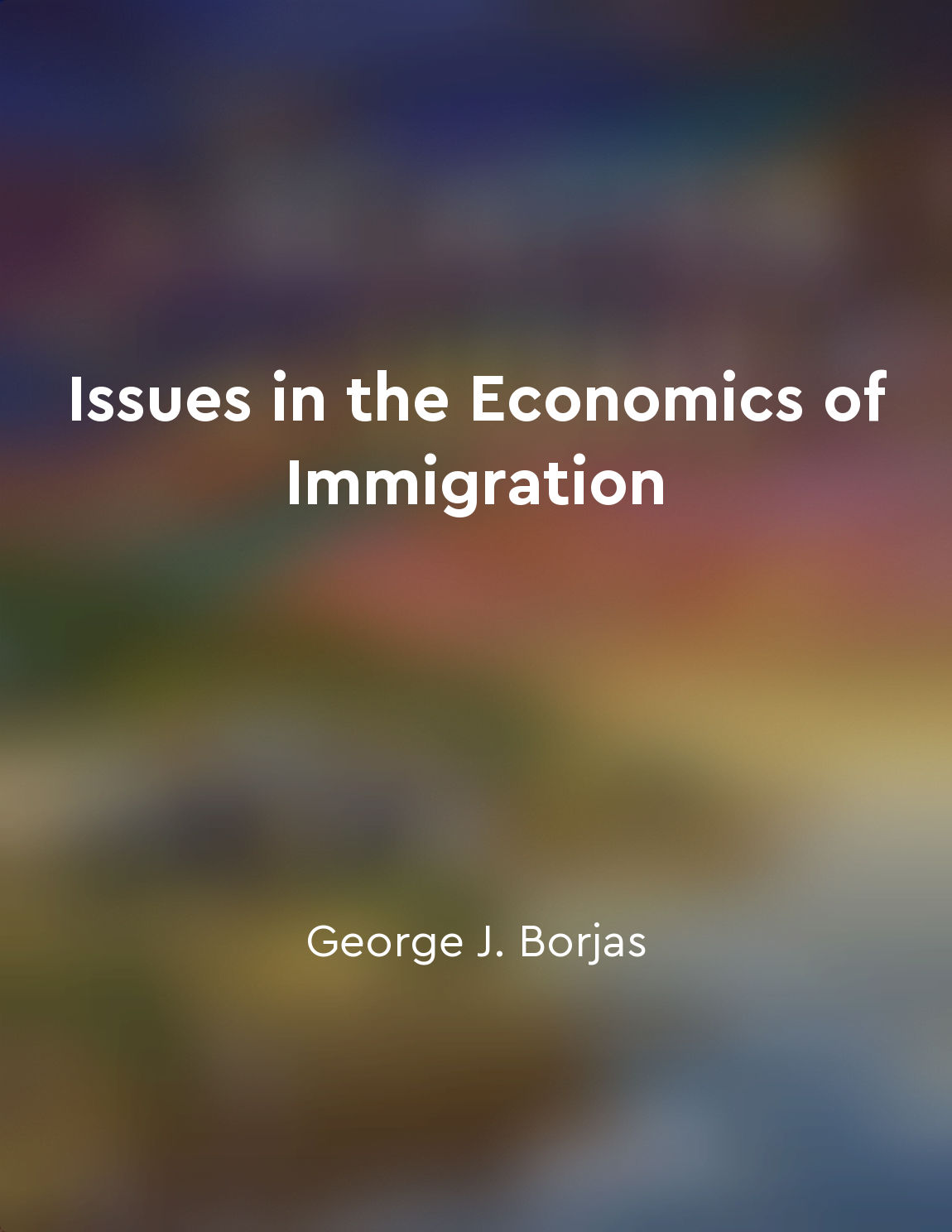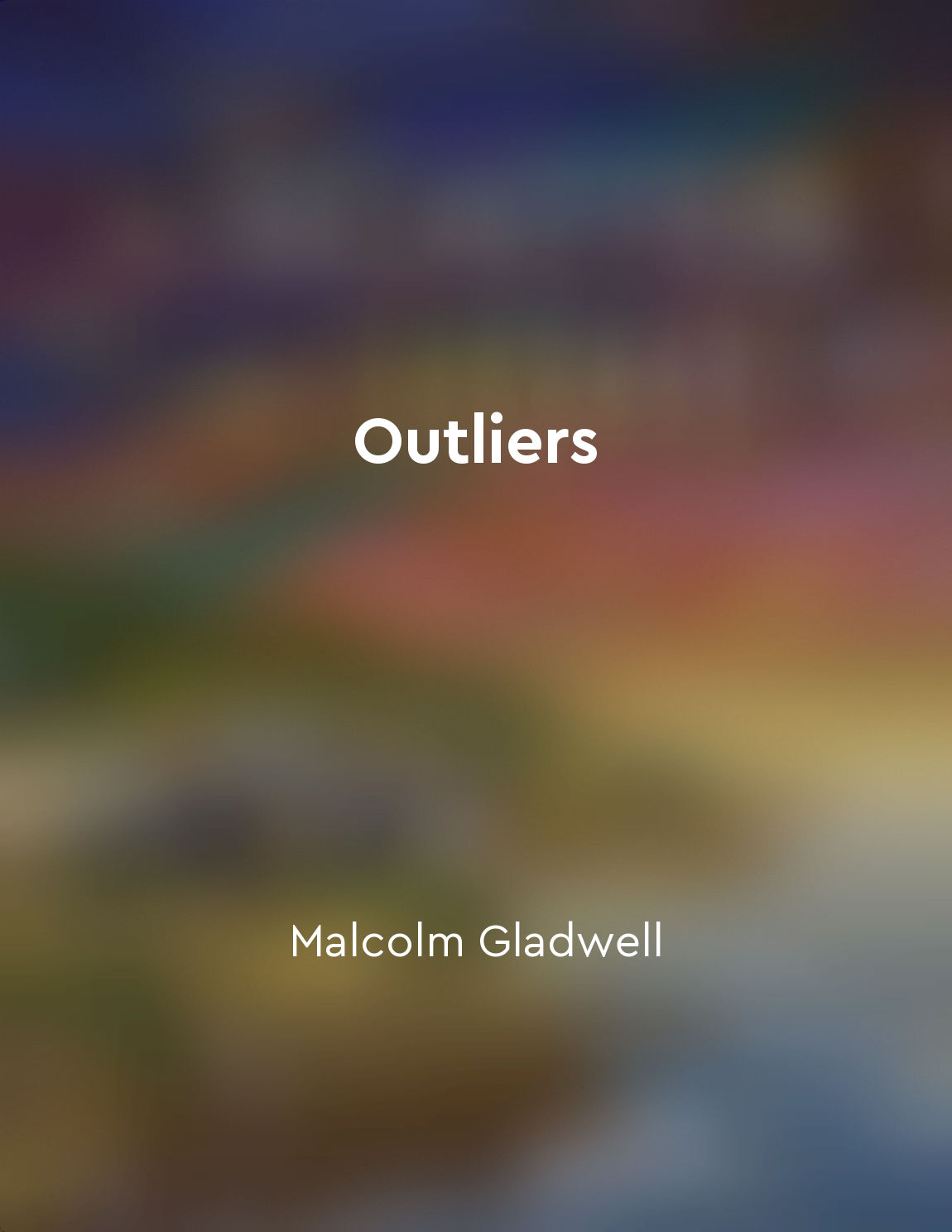Language and cultural barriers can impact economic integration from "summary" of Issues in the Economics of Immigration by George J. Borjas
Language and cultural barriers play a critical role in shaping the economic integration of immigrants. These barriers can hinder the ability of immigrants to fully participate in the labor market and society at large. For instance, language barriers can limit the types of jobs that immigrants are able to secure, as well as their earning potential. Without proficiency in the language of their new country, immigrants may be relegated to low-skilled, low-paying jobs that do not fully utilize their skills and education. Moreover, cultural differences can also impact economic integration by affecting social interactions and networks. Immigrants who do not share the same cultural norms and values as the native population may face challenges in building relationships and establishing connections that are necessary for success in the labor market. This can result in limited access to job opportunities and advancement prospects. Additionally, language and cultural barriers can impede immigrants' ability to navigate the legal and bureaucratic systems in their new country. This can make it difficult for immigrants to access public services, education, and other resources that are essential for economic integration. Without the necessary support and guidance, immigrants may struggle to adapt to their new environment and overcome the obstacles that stand in the way of their economic success.- Language and cultural barriers can have far-reaching implications for the economic integration of immigrants. By addressing these barriers and providing the necessary support and resources, policymakers can help facilitate the successful integration of immigrants into the labor market and society, ultimately benefiting both immigrants and the host country.
Similar Posts

The concept of a "wage effect" is hotly debated
The concept of a "wage effect" is one that has sparked significant controversy and disagreement among scholars in the field of ...
Poverty and discrimination are global challenges
The issue of poverty and discrimination is not confined to any one country or region; rather, it is a global challenge that aff...
Language reflects power dynamics
The relationship between language and power dynamics is a complex one that plays out in various social contexts. Language serve...
Race and ethnicity impact opportunities
The opportunities available to individuals are not solely determined by their individual qualities or efforts. Race and ethnici...

The way we perceive IQ and intelligence is influenced by cultural biases and values
Malcolm Gladwell explores the idea that our understanding of intelligence, particularly IQ, is shaped by cultural influences an...

The younger generation straddled two worlds
The younger generation in "The First Generation" by Hannah Ritchie found themselves caught between two distinct worlds. On one ...

Immigrants can help fill labor shortages in certain industries
One of the key arguments in favor of immigration is that it can help alleviate labor shortages in certain industries. When ther...

